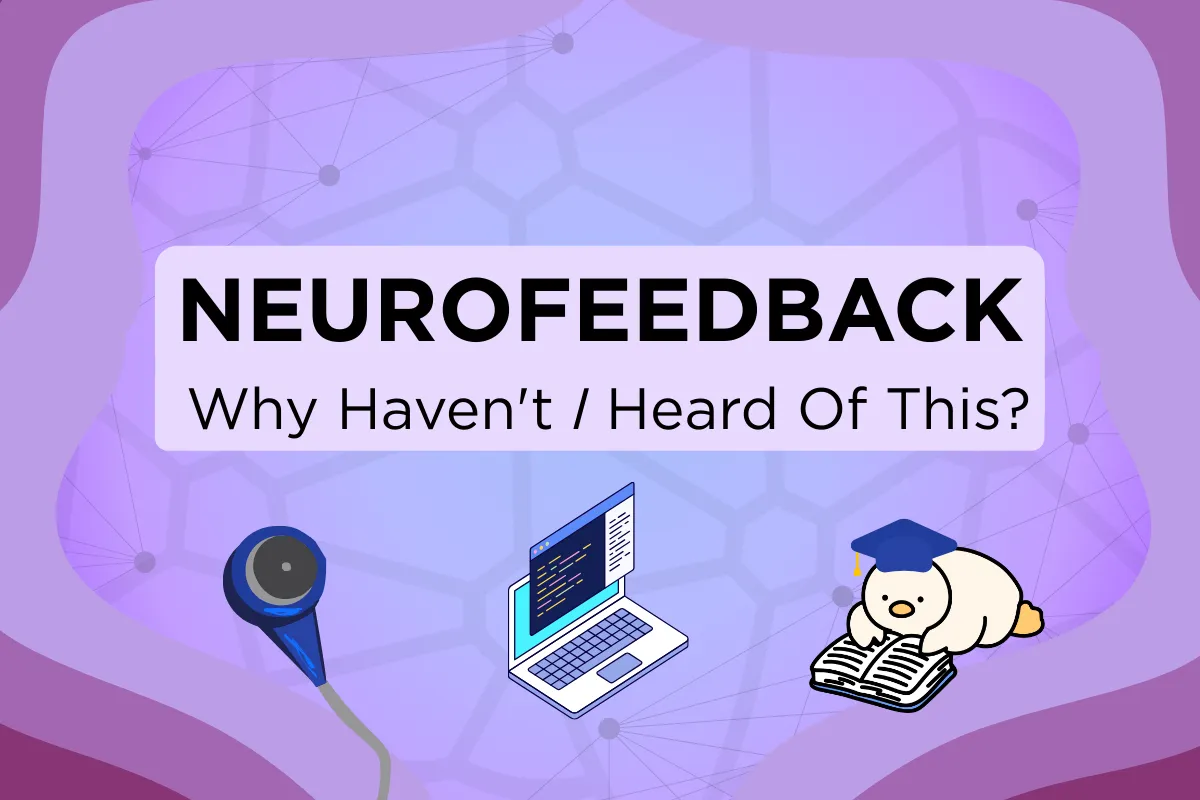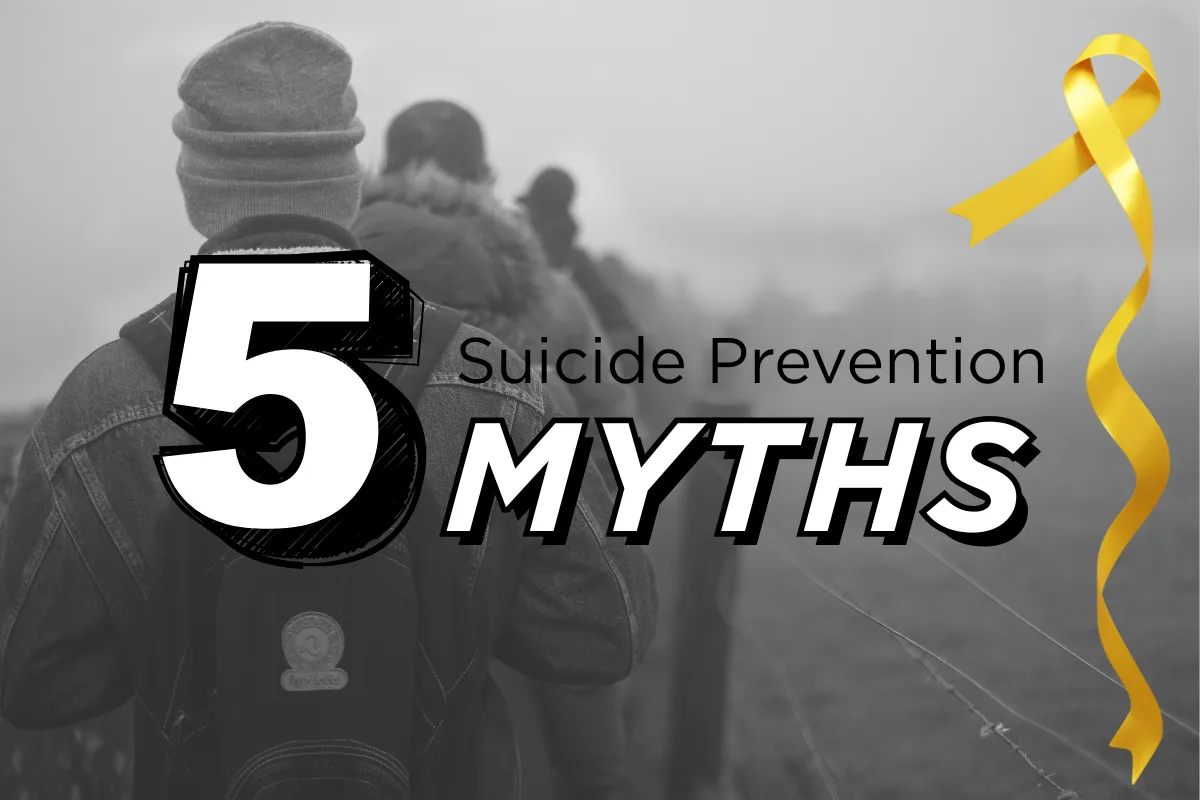Neurofeedback: Why Haven't I Heard Of This?
Never heard of Neurofeedback? Or, wondered why it took so long to find out about its amazing benefits? Kayla Taylor explains a few reasons why Neurofeedback may not get the full recognition it deserves.
Explore Our Blogs And Improve Your Mental Health

Never heard of Neurofeedback? Or, wondered why it took so long to find out about its amazing benefits? Kayla Taylor explains a few reasons why Neurofeedback may not get the full recognition it deserves.

Do you cringe at the thought of a Christmas turkey, Chinese take-out on Hanukkah, or sweets at New Years? Emily Christensen gives 5 practical tips to manage anxieties that can appear around food and eating at holiday events.

Dr. Claude R. Shema is our newest clinician. He's more than just a psychologist. Get to know more about him in this blog post covering a few of his interests and accomplishments.

Do you know the truth about suicide, or are you misled by common myths? Understanding the facts can make a life-saving difference. Learn how to break the stigma and support those affected with real and effective strategies in this essential guide.
We strive for excellence in psychological treatment. We are committed to providing professional, caring, innovative, and research-based services.
© 2024 Sano State Taylored Psychology. All Rights Reserved.